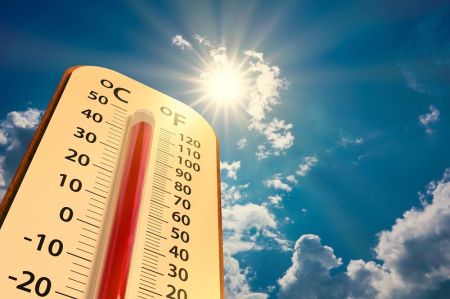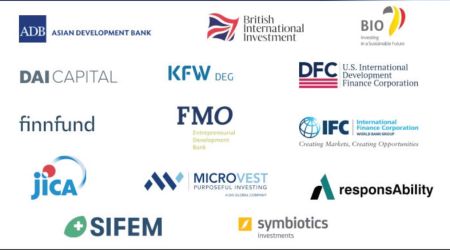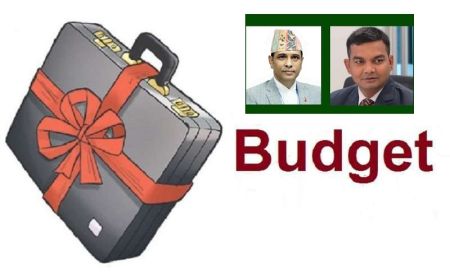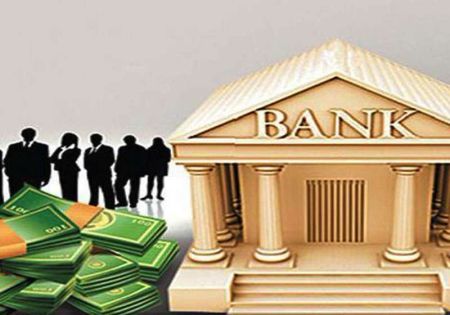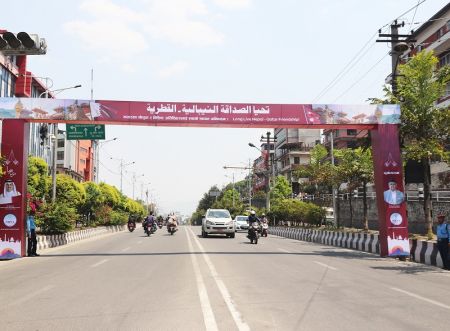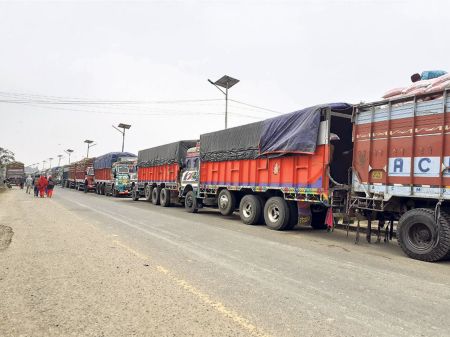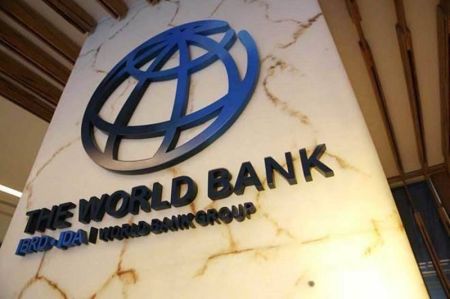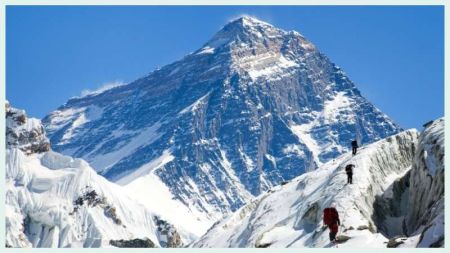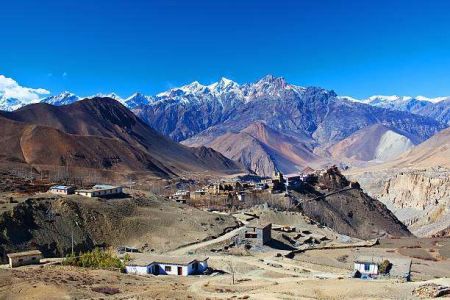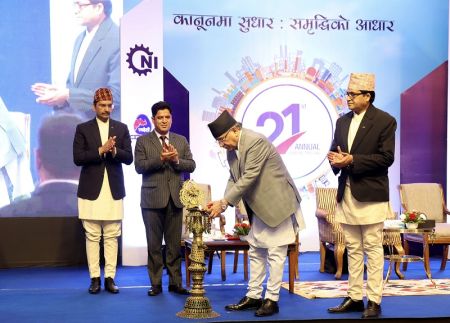E-markets in Nepal on the Rise
E-commerce market in Nepal emerged about a decade ago. Kick-started through gift-sending and bill payment services through online portals, the market went on to expand due to increasing purchasing power among Nepali consumers. Online shopping revenues have witnessed fast paced growth as the number of internet users in Nepal continues to rise. The domestic e-commerce market has now expanded into various segments such as online shopping, e-banking, mobile commerce, electronic cash transfers and e-ticketing. Time and money saving hassle-free services are seen to be the main factors in attracting internet users to online markets.
Annual online transactions in Nepal are estimated to be around Rs 10 billion, although an official figure is not available. Many online shopping websites have emerged since the inception of e-commerce in Nepal. Muncha.com, Thamel.com, Harilo.com, Yeskantipur. com, Metrotarkari.com, Foodmandu.com, Bhatbhatenionline.com and Nepbay.com are some of the popular websites among Nepali online shoppers. Some of these sell their own products whereas others deliver from global sites such as eBay and Amazon. Nepali shoppers have the option to buy products ranging from groceries and fresh vegetables to cars from online portals.
However, lack of a clear policy is hindering the growth of online markets here. “The government has not helped the domestic e-commerce market and neither obstructed it,” says Balkrishna Joshi, the CEO of Thamel.com. According to Joshi, the e-commerce market in Nepal is facing problems in the bill payment system. “Establishing a central payment gateway will solve this problem, the central bank and concerned authorities should look into this,” Joshi said. “Similarly, creating a safer online environment for customers will also attract more investments in e-markets here,” he added.
Volkswagen Celebrates 1000th Car Sale
.jpg) Pooja International Nepal, Authorised importer of Volkswagen organised a programme in its Lazimpat showroom on August 9 to celebrate the sale of 1000th Volkswagen in Nepal. Henning Hansen, First Secretary, Chargé d’Affaires, German Embassy Kathmandu was the chief guest for the programme. He handed over the car key to the 1000th owner of Volkswagen New Passat.
Pooja International Nepal, Authorised importer of Volkswagen organised a programme in its Lazimpat showroom on August 9 to celebrate the sale of 1000th Volkswagen in Nepal. Henning Hansen, First Secretary, Chargé d’Affaires, German Embassy Kathmandu was the chief guest for the programme. He handed over the car key to the 1000th owner of Volkswagen New Passat. Bibek Bijukchhe, Chief Executive Officer of Pooja International Nepal said in the programme that it was a great achievement that VW has been able to compete in mass segment while being known for its superior built quality. “It’s the brand, man, machine and network which helped us to be in the hearts of Nepali customers in just around three years,” said Bijukchhe.
“We not only sold 1000 Volkswagens but we are market leader in almost all the segments like sedan, hatchback and SUV. In the fiscal year 2070/71 alone, we have targeted to deliver 800 cars nationwide,” said Sarik Bogati, Marketing Manager at Pooja International.
Volkswagen is coming up with fresh 2013 models of cars and is also planning to launch new variant of Polo during the upcoming NADA auto show. The company will also bring attractive schemes during the show.
Petro Price Hike to have Cascade Effect on Inflation
The Nepal Oil Corporation (NOC) on August 10 hiked the prices of petrol, diesel, kerosene and aviation fuel. However, no change has been made on the price of liquefied petroleum gas (LPG).
With the hike, the prices of kerosene and diesel increased by Rs one per litre, whereas the price of petrol rose by Rs two per litre. Similarly, the price of aviation fuel (domestic) has increased by Rs 10 per litre.
The price of petrol increased to Rs 125 per litre from Rs 123 per litre previously. Likewise, the prices of diesel and kerosene reached Rs 100 per litre from Rs. 99 per litre previously. The price of aviation fuel had a bigger hike to Rs 130 from Rs 120 per litre previously.
The price hike will once again push transportation costs up, which will subsequently have a cascade effect on food prices and other daily commodities, according to economic experts.
An increase in the price of diesel — the main transportation fuel — will not only push up the cost of food items, including fruits and vegetables and other perishable items that are moved largely by trucks, but also will increase industrial operating costs.





